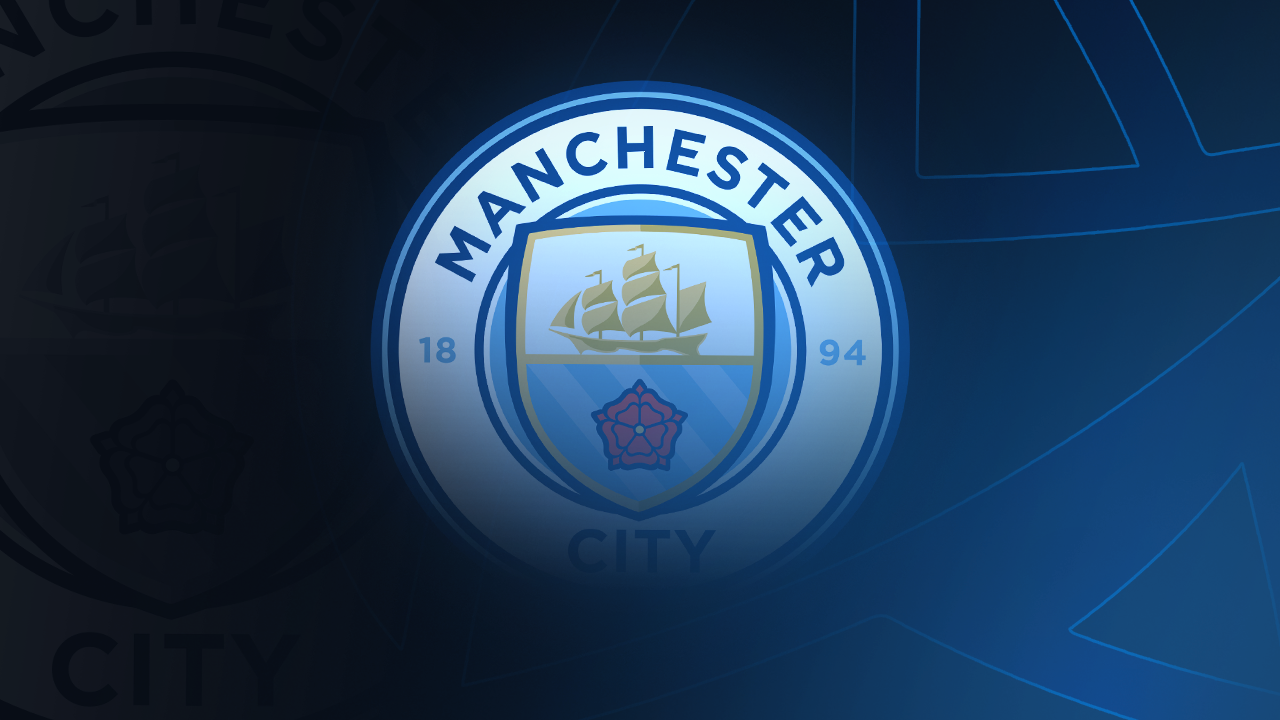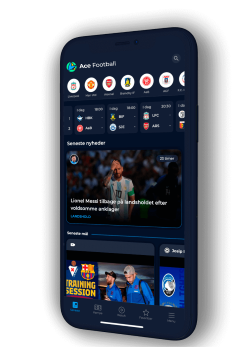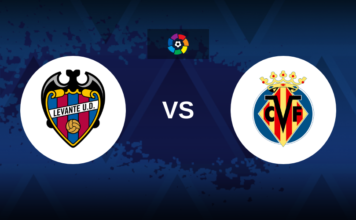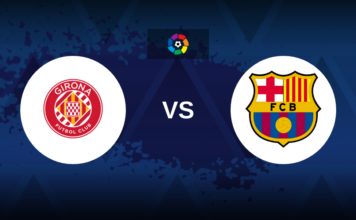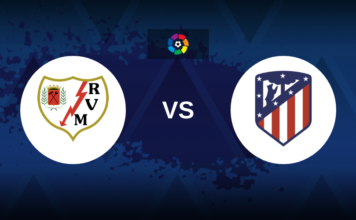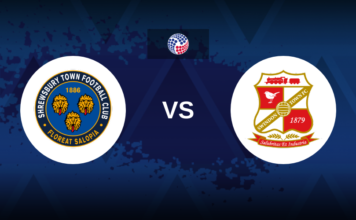Pep Guardiola’s journey to becoming one of the most successful and revered managers in football history is not just a story of triumph – it’s a testament to his vision, innovation and relentless pursuit of excellence. His impact at Manchester City, where he has transformed the club into a dominant force in English and European football, is the culmination of years of experience, both as a player and a coach.
This article aims to look at how the start of his career laid the foundation that he now uses to steer Manchester United.
Early Playing Career: The Foundation for Success
Born on January 18, 1971, in Santpedor, Spain, Josep “Pep” Guardiola began his football journey in the youth ranks of FC Barcelona. A midfielder with great technical ability and vision, Guardiola quickly rose through the club’s youth system, La Masia. He made his first-team debut for Barcelona in 1990 under coach Johan Cruyff, a legendary figure who would go on to have a massive influence on Guardiola’s philosophy.
Under Cruyff, Barcelona’s “Dream Team” era was born, and Guardiola was an integral part of that squad. His tactical intelligence and discipline in midfield were essential to the success of the team, which went on to dominate Spanish and European football in the early 1990s. Guardiola won multiple La Liga titles, Copa del Rey trophies and most notably, the UEFA Champions League in 1992. If there was ever a team to bet on with codigo promocional 1xbet, Barcelona was the one for that, as punters would often reap the rewards.
Though his playing career at Barcelona was cut short in 2001 when he left for a brief spell at clubs like Brescia and Roma, Guardiola’s time as a player under Cruyff left an indelible mark on his footballing philosophy. His experiences at Barcelona shaped the core of his managerial approach, emphasizing possession-based football, intelligent pressing and fluid movement – all of which would define his coaching career.
Transition to Management: A New Beginning at Barcelona B
After retiring as a player, Guardiola’s managerial career began with Barcelona B in 2007. In his first year, he quickly gained recognition for his ability to promote young talent and his commitment to playing an attractive, attacking style of football. Guardiola’s success with Barcelona B, where he won the Spanish third division and earned a promotion to the second tier, marked the beginning of his managerial evolution.
In 2008, Guardiola was appointed as the first-team manager of FC Barcelona, a decision that would change the trajectory of the club and the world of football. His appointment came at a time when Barcelona was in need of renewal and Guardiola’s innovative ideas were precisely what the club needed. Under his stewardship, Barcelona began playing a brand of football that was revolutionary in its emphasis on possession, positional play and high pressing.
In his first season, Guardiola led Barcelona to a historic treble, winning La Liga, the Copa del Rey and the UEFA Champions League. Over the next few years, Barcelona dominated world football, and Guardiola’s philosophy became known as “tiki-taka.” With stars like Lionel Messi, Xavi Hernandez and Andres Iniesta at his disposal, Guardiola’s Barcelona became one of the most successful and admired teams in football history. His success at Barcelona was unparalleled, with four La Liga titles and two Champions League trophies, before he departed in 2012 after a period of immense success.
A New Challenge: Manchester City
In 2016, after a sabbatical following his time at Barcelona and a short stint at Bayern Munich, Pep Guardiola took on a new challenge by becoming the manager of Manchester City. His appointment at City was seen as the arrival of a managerial giant in the English Premier League and expectations were sky-high. The club, although wealthy and competitive, had not reached the heights of European glory and Guardiola’s arrival signaled an intent to take Manchester City to the top.
In his first season at City (2016-2017), Guardiola’s style was met with some initial challenges. The team finished third in the Premier League and while they showed glimpses of Guardiola’s attacking football, inconsistency in defense and adapting to English football’s physicality was a concern. However, Guardiola did not waver from his philosophy. He was resolute in his belief that City could play the kind of possession-based football that he had perfected at Barcelona.
Transforming Manchester City
By the 2017-2018 season, Pep Guardiola’s Manchester City was a force to be reckoned with. He transformed the club into a dominant powerhouse, breaking multiple records along the way. City finished with 100 points in the Premier League, the first time a team had reached such a milestone and secured the title with a style of football that was both dazzling and relentless.
Guardiola’s tactical flexibility became evident as he adapted his approach to the strengths of his players. He revolutionized the role of full-backs, with players like Kyle Walker and Benjamin Mendy operating as high-wing backs, contributing to both defense and attack. He also turned City’s midfield into a relentless engine, with players like Kevin De Bruyne and David Silva flourishing in their roles, creating endless chances and controlling the tempo of the game.
The Guardiola philosophy – high pressing, quick passing, positional play and a commitment to attacking football – was fully realized at Manchester City. His attention to detail, work ethic and ability to adapt his strategies to different opponents have earned him widespread acclaim. Guardiola not only transformed the way City played but also set a new benchmark for what success looked like in modern football.
